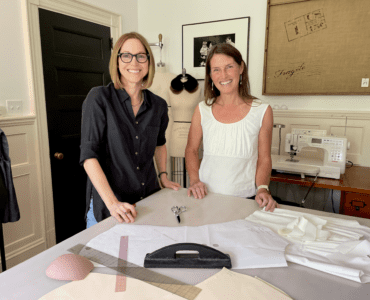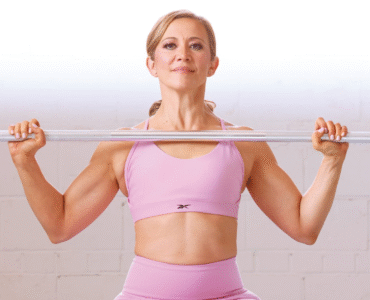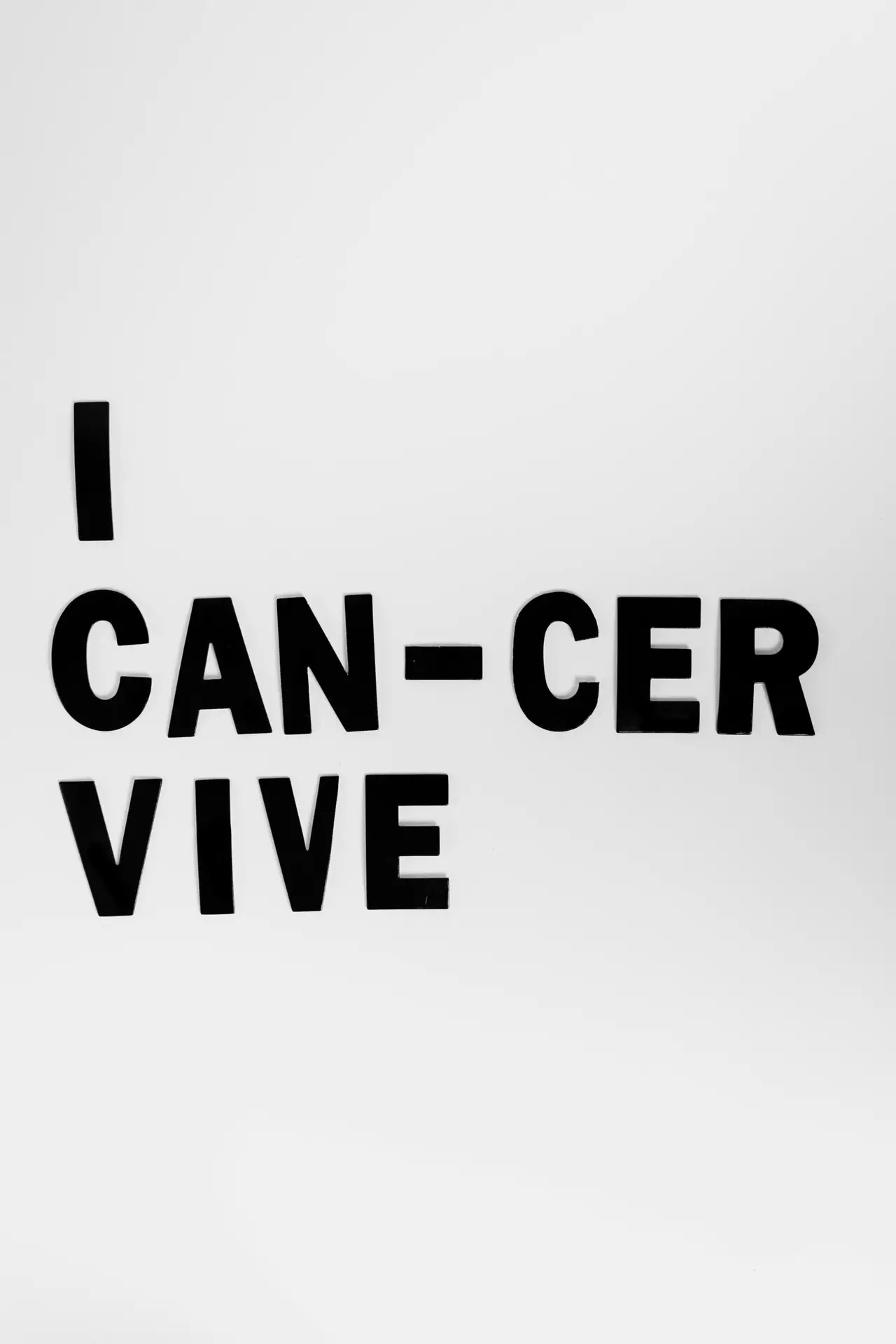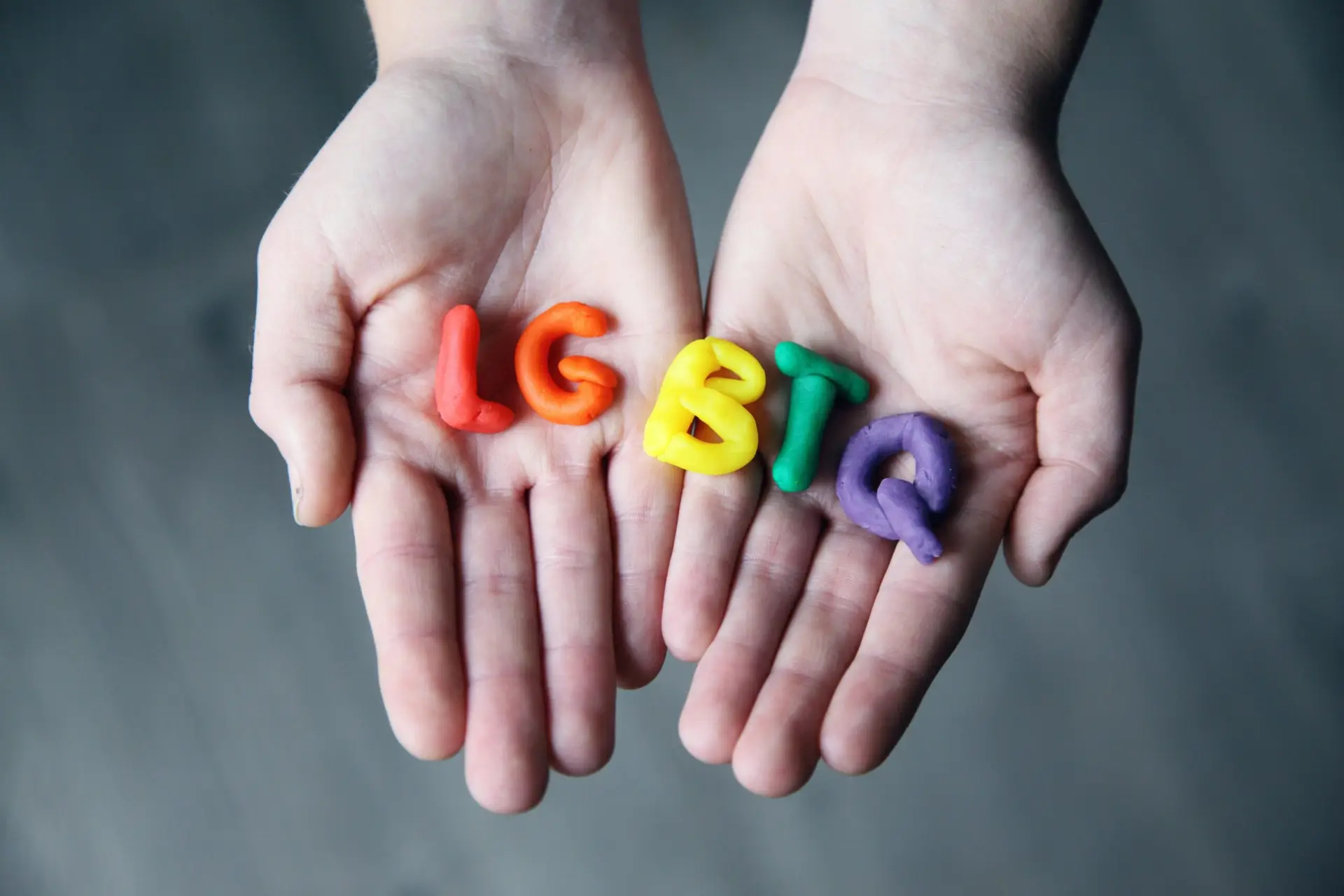Some of us never have the opportunity to enter menopause naturally. For young women like Dani Binnington, diagnosed with breast cancer, menopause is an immediate thing. Thrust upon them as a result of surgery, cancer treatments and risk reduction therapies.
Dani was just 33 when she was diagnosed with breast cancer. A young mum of three, she discovered her lump one evening and immediately had the sense that something was not right. The diagnosis confirmed an aggressive form of breast cancer.
Dani was swiftly swept into cancer-fighting mode. Multiple surgeries. Chemotherapy. Radiation. Genetic testing also revealed that Dani was a carrier of the BRCA gene (the same gene that prompted Angelina Joli to have a preventative mastectomy). This put her at a higher risk of breast cancer recurrence and ovarian cancer.
Living with menopause at age 39
Says Dani, “With that news, I said to myself, I’m done with breast cancer. I’m going to have a double mastectomy. So a couple of years after my initial cancer treatment, I was okay and ready to let go of my breasts. I also had to decide what to do with my ovaries. And I didn’t want them to give me ovarian cancer, and that was a very legitimate concern. Every female family member on my dad’s side had passed away from ovarian cancer. So I knew that ovary removal (in medical lingo an oophorectomy) was the right thing for me to do. But then, with that decision came the next question. “How was I going to live in a post-menopausal body at the young age of 39?”
In Dani’s home country of the UK, the conversation around menopause was beginning to amplify, with prominent doctors, women’s leaders and influencers all speaking up and out about this women’s health issue. A longtime podcaster and advocate of women’s well-being, Dani began adding her voice to the conversation.
“I kept thinking, that is me. That might be me. And my doctors couldn’t give me good enough answers. I sought out private experts and specialists whom I paid out of pocket and still got conflicting advice; sometimes wrong advice; and even, unhelpful advice. I thought, wow I’ve survived cancer for almost five years. I managed to navigate a double mastectomy, and cancer treatment and recovery. And yet no one can give me good advice on how to navigate menopause. The whole notion put a bee in my bonnet, and I decided to do something about it.
Building a community to make a change for women diagnosed with surgical-induced menopause
Dani started with a Facebook group, inviting women whose cancer treatment put them into early onset menopause to join. Within a few weeks, she had thousands of members. “That response was clear evidence I was not alone,” she muses.
Building on this initial success, Dani leaned into her experience as a podcaster and organizer of wellness events to elevate the message even further.
“I set up my Menopause and Cancer podcast thinking gosh, perhaps a few hundred people will listen and get some good information. And that would be amazing,” says Dani.
But just like the response to her Facebook Group, Dani found she had far underestimated the need. Her podcast now has more than 20,000 unique downloads a month.
90% of the people in her community have been pushed into menopause as a result of their cancer treatment, notes Dani. “It might be a friend, a mother, an aunt, or a sister. If you are a person with ovaries who has had cancer treatment, the chances are extremely high that treatment has put you into menopause. Temporarily or permanently. And most are ill-equipped to know about it, far less deal with it.”
Not stopping there, Dani then co-created a program with a UK-based charity to help people struggling with cancer-induced menopause find connections, support and clear guidance. Noting that there was a gap in this area, she then established her non-profit called Menopause and Cancer, and an online lifestyle brand called Healthy Whole Me, which brings together her passions for yoga, healthy living, and nutrition with her podcast and menopause and cancer community — available under a single umbrella.
Young women in menopause find a wholesome way to recovery.
“Healthy Whole Me emerged from my journey of exploration to find the healthy version of myself, says Dani. I felt my boobs were treated, my ovaries were removed, and parts of my body were prodded and pronged. And what was missing for me was a wholesome way of recovery. So healthy whole me was born out of my quest to find that version of myself again.”
Of all the things, Dani found the grounding she desperately looked for in the form of yoga practice.
“Initially, I threw myself into healthy eating and diet. But when my diet was the best, my mental health was like really shockingly poor. And so I knew it wasn’t, I wasn’t whole. I wasn’t healed. Yoga helped me to rebuild my physical house, feel more centered and not worry so much about tomorrow. It was the one time in my week where I thought, suddenly I thought, oh, I’m not so worried that cancer is going come and get me. It allowed me to see a potential day where I could live a life again that was less anxiety and fear-driven and more present,” says Dani.
With Healthy Whole Me, Dani wants to give hope to women who have had cancer and who find themselves in medically induced menopause. From connection to other women through the site’s community and events. to healthy nutritious family-friendly recipes and yoga, those women who have gone through treatment, suffer from debilitating symptoms, or have experienced medical gaslighting, Healthy Whole Me offers them a way forward.
“This isn’t about overhauling your life. It’s about sustained improvement,” says Dani. I want those who experience our brand to finally realize someone is listening to them and supporting them and to think, after everything they’ve been through, “My God, I’m winning.”
This article was originally published on This is Perimenopause. If you haven’t checked out their site, do so!




